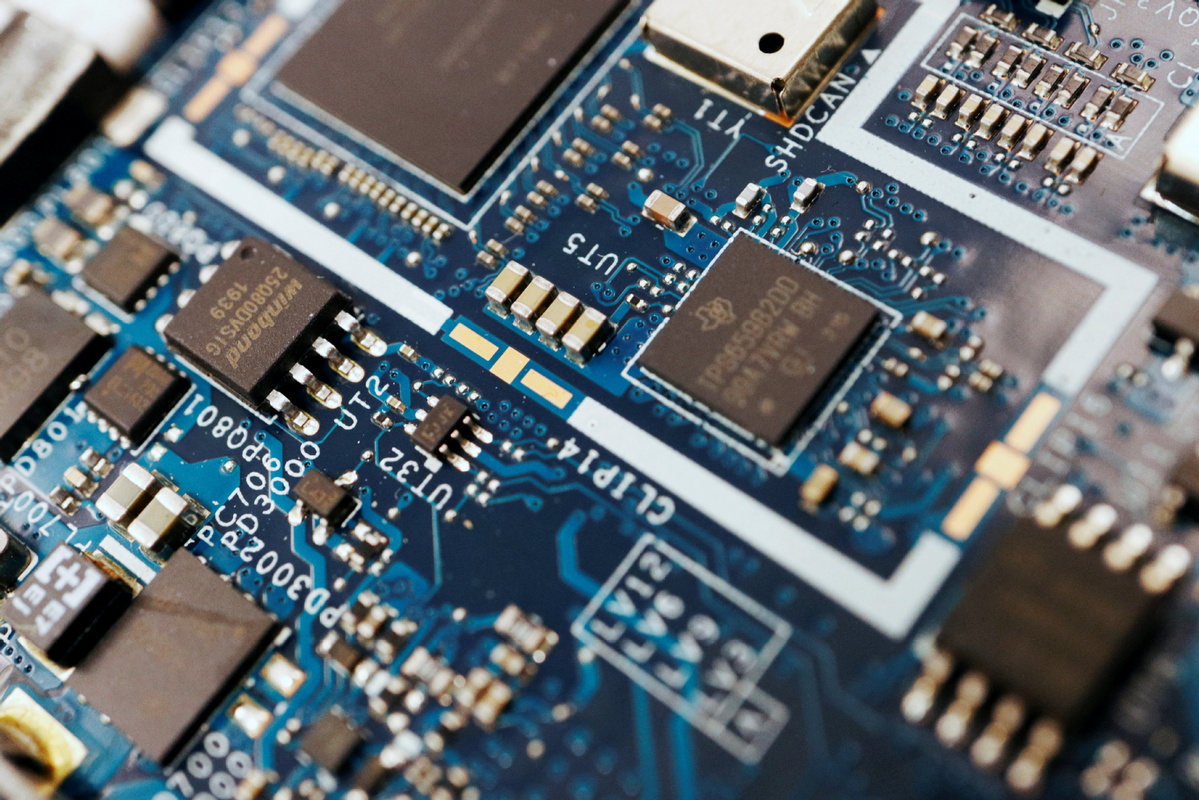Self-damaging chip move off the old block: China Daily editorial


After obstructing high-end chipmakers and chipmaking equipment manufacturers using US-related technologies and parts from dealing with China, the US government is being urged by some China-bashing lawmakers to wean the United States off lower-end chips from China.
In a letter to US President Joe Biden's top business and trade officials late last week, Republican Mike Gallagher of Wisconsin, chairman of the House Select Committee on China, and Raja Krishnamoorthi of Illinois, the committee's ranking Democratic member, urged the Biden administration to take stronger action to stem China's growing dominance in making older-generation microchips, citing the same "national security" concerns as for advanced chips.
The lawmakers' call for new moves, including potential tariffs, is intended to end what they claim is the US' overreliance on China for less-advanced chips. That might be hard to realize any time soon, as the US cannot find a replacement for China in the short term at least able to provide the chips that are essential across several industries, including electronic products, automobiles and home appliances.
Notably, it was also the two lawmakers that wrote letters to the Biden administration in November and July to press it to probe into Chinese drones and artificial intelligence products respectively.
As a matter of fact, over recent months, the US Congress and the Biden administration have already taken actions to allocate funds through the $53 billion chip act to support the production of older-generation chips at home. However, due to the low profit margin, the federal subsidies have generally met with cold shoulders from the industry, which actually opposes the "chip war" the US is waging against China.
Yet due to the tough stance on China-related issues that is nonnegotiable in the US presidential election year, the Biden administration has to appear to be at least receptive to targeting low-end chips from China.
However, if punitive tariffs are imposed on these chips, it will be US consumers and downstream companies that will end up paying the costs.
As chip enterprises from the Republic of Korea, such as Samsung Electronics, and other US allies account for a large share of the chip manufacturing industry in China, to which the Biden administration has recently given a green light to further expand their production scales, targeting the chips from China will unavoidably damage the interests of companies of the US' allies.
Targeting the lower-end chips from China will also directly belie the Biden administration's insistence that it does not seek "decoupling" between the world's top two economies.
Amid the US business community's rising outcry over the harmful nature of the irrational move and its demand that the called-for tariffs on chips not be forthcoming, the Biden administration has to deal with the two lawmakers' requirement prudently.


































